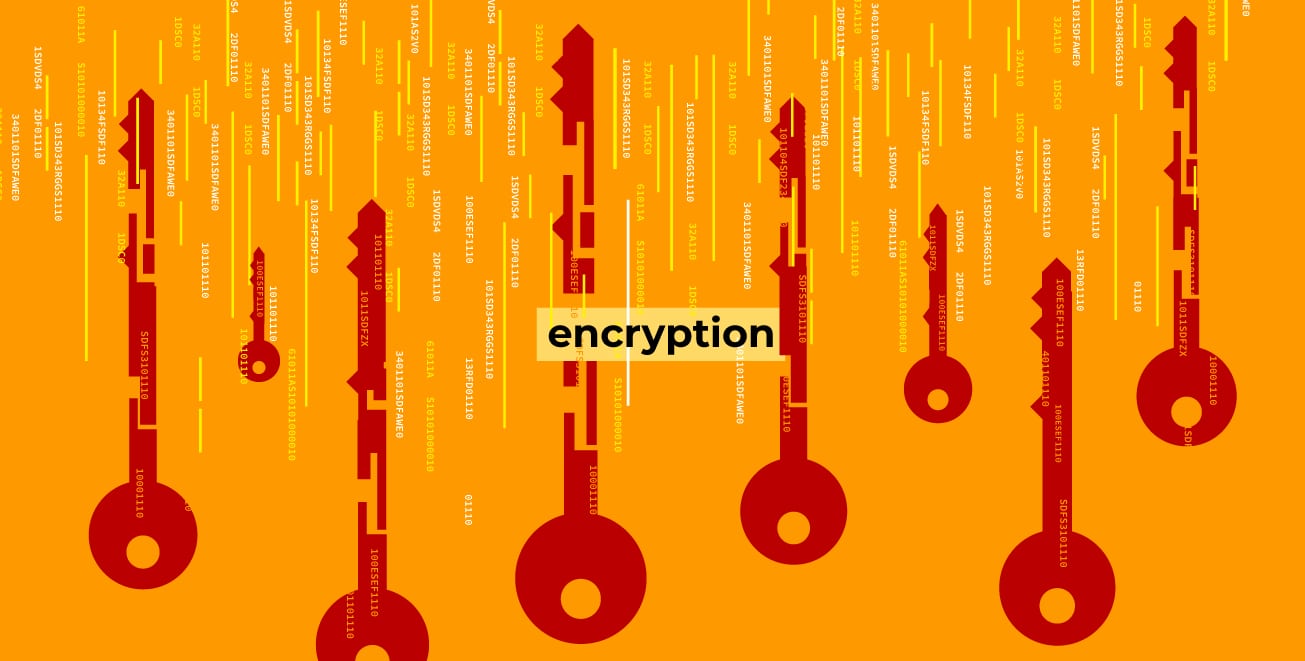For millions of people in Russia, Telegram’s encryption makes it the last remaining avenue to communicate securely and access information freely — governmental attempts to seize platform data must be rejected.
Telegram is challenging the Russian government’s order to block and fine the messaging app for failing to provide information that would enable authorities to decode encrypted messages of six crime suspects. The company argues that, in effect, this means creating a backdoor mechanism for decoding all Telegram communications and threatening privacy and freedom of expression rights of all users. On June 10, 2022, Access Now, ARTICLE 19, Electronic Frontier Foundation, Human Rights Watch, Privacy International, and Reporters Without Borders, filed a joint submission to the European Court of Human Rights.
“Journalists and activists in Ukraine and Russia are fighting to end this war. Platforms like Telegram are often their main source of communication, and they bear disproportionate risks if their identities and messages are revealed to Russian authorities,” said Natalia Krapiva, Tech Legal Counsel at Access Now. “Encryption is the last protective wall standing between at-risk advocates and the security forces seeking to silence them.”
In the submission, Access Now and the other amici emphasize how encryption and anonymity on messaging platforms such as Telegram are crucial to people’s ability to access information openly and exercise the right to privacy. Blanket bans on encryption are untenable, and the right to privacy may be restricted only in accordance with the human rights law.
“The case against Telegram sets a dangerous precedent for the Russian authorities to unjustly restrict access to any messaging services that do not comply with nefarious requests to provide unfettered access to user’s data and private communication — a clear violation of the right to privacy and freedom of expression,” said Barbora Bukovská, Senior Director for Law and Policy at ARTICLE 19. “Restrictions on encryption also pose a serious threat to the confidentiality of our communications and make them more vulnerable to domestic or foreign surveillance.”
Handing law enforcement unbridled access to communication harms human rights and democracy. Weakening encryption is ineffective as a counter-terrorism tool, and only serves to harm civil society.
Read Access Now’s Policy brief: 10 facts to counter encryption myths for more on why encryption is more important for human rights defenders and civil society now than ever.
The amici thank Eric Metcalfe and Khatija Hafesji for their pro bono legal assistance in this case.
